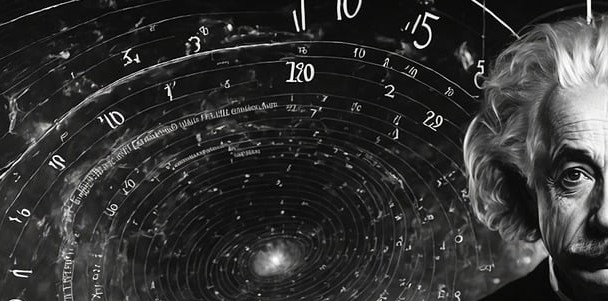
One day, Einstein told me that he was seriously concerned about the problem of the Now. He said that the Now experience has a particular meaning for human beings, something essentially different from the past and future, but that this meaningful difference just doesn't arise, nor could it ever do, in physics. The fact that this experience couldn't be grasped by science appeared to him as a reason for grievous, but also inescapable resignation. I made the remark that whatever happens objectively can be described by science--and, on the other hand, that the features of human attitudes with regard to the past, the present and the future, can be described and (in principle) explained by psychology. However, Einstein thought that scientific descriptions can't possibly satisfy our human needs, and that there is something essential regarding the Now that precisely evades the domain of science.
(from Rudolf Carnap: "Intellectual Autobiography")
Un día, Einstein me dijo que el problema del Ahora lo preocupaba profundamente. Me explicaba que la experiencia del Ahora tenía una significación particular para el hombre, algo esencialmente diferente del pasado y del futuro, pero que esta importante diferencia no surge ni podría surgir en física. Que tal experiencia no pueda ser aprehendida por la ciencia le parecía un motivo de resignación penoso, pero a la vez inevitable. Yo le hice notar que todo lo que ocurre objetivamente puede ser descrito por la ciencia; y por otro lado, que las características de la experiencia humana en torno al tiempo, incluyendo las diferentes actitudes acerca del pasado, el presente y el futuro, pueden ser descritas y (en principio) explicadas por la psicología. Pero Einstein pensaba que las descripciones científicas no pueden satisfacer nuestras necesidades humanas, y que hay algo esencial a propósito del Ahora que justamente escapa al dominio de la ciencia.
Para muchas técnicas de meditación, el “ahora” es la entrada mágica a la felicidad.
“A quote I recently stumbled upon”